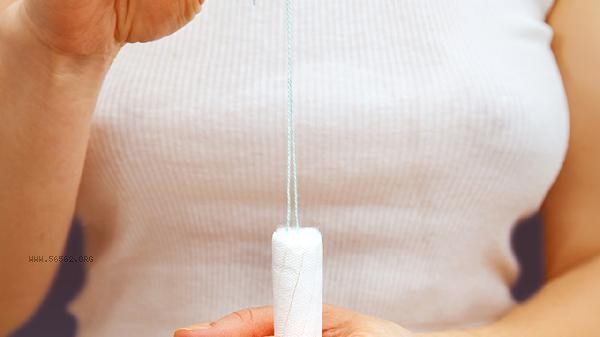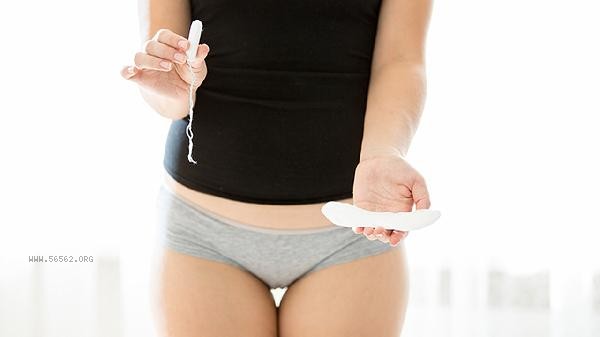Menstrual period is not the best time for weight loss, but hormone changes can be used to scientifically adjust weight loss strategies. Women's weight fluctuations during the menstrual cycle are mainly influenced by estrogen and progesterone levels. Edema and increased appetite are more likely to occur from ovulation to premenstrual, while a decrease in hormone levels after menstruation may bring temporary metabolic advantages. The menstrual cycle is divided into two stages: follicular phase and luteal phase, and there are differences in physical responses at different stages. During the follicular phase, estrogen levels gradually increase and insulin sensitivity improves. Increasing aerobic exercise appropriately at this time can more effectively burn fat. Progesterone is dominant during the luteal phase, and an increase in basal body temperature leads to a decrease in exercise endurance, but an increase in lipolytic enzyme activity makes it suitable for resistance training. Endometrial shedding during menstruation is accompanied by iron loss, and excessive dieting may worsen anemia symptoms. It is recommended to maintain a daily intake of 1200-1500 calories, with a focus on supplementing heme iron and vitamin B group.

Some women will have obvious fluid retention before menstruation, and their weight may increase by 1-3 kg. This physiological edema will naturally subside during menstruation. Deliberately engaging in extreme low carbohydrate diets or high-intensity exercise during menstruation may disrupt the function of the hypothalamic pituitary ovarian axis, leading to menstrual cycle disorders. Clinical studies have shown that women who maintain a moderate calorie deficit during their menstrual cycle have a better weight loss effect throughout the cycle than those who only engage in sudden weight loss during menstruation.

It is recommended to adopt a cycle adaptive weight loss method, with a focus on soothing yoga and brisk walking during menstruation, combined with a high iron and high protein diet; Strengthen aerobic exercise and time limit eating during the follicular phase; The luteal phase focuses on strength training and controlling the intake of refined carbohydrates. Pay attention to recording basal body temperature and menstrual cycle. When experiencing persistent amenorrhea or severe fatigue, stop losing weight and seek medical attention in a timely manner. Long term healthy weight loss needs to be based on energy balance throughout the menstrual cycle, rather than relying on short-term effects at specific stages.









Comments (0)
Leave a Comment
No comments yet
Be the first to share your thoughts!